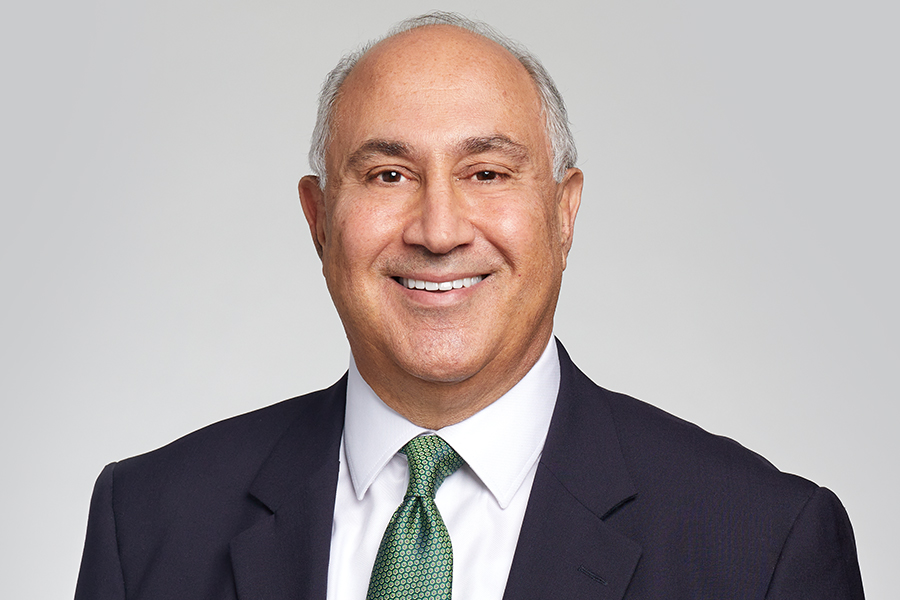News
Congress creates ABLE accounts to assist disabled with saving
By Joseph L. Raad, Attorney At Law
Beginning January 1, 2015 persons with long-term physical or mental disabilities who receive Federal benefits such a SSI or SSDI and Medicaid have a unique opportunity to accumulate money without jeopardizing their government benefits. Disabled individuals may now create ABLE accounts (the acronym stands for Achieving a Better Life Experience) and fund these accounts with as much as $14,000 per year to a maximum of $100,000 for the year 2015. This figure is adjusted each year for inflation.
Any person may contribute to an ABLE account on behalf of the designated beneficiary. Contributions to an ABLE account are not tax-deductible nor are contributions considered income to the recipient. ABLE accounts accumulate interest tax-free and withdrawals are tax-free provided the withdrawal is for a qualified disability expense. A qualified disability expense is defined as an expense related to the beneficiary’s disability. Expenses such as education, transportation, employment training, health care, financial management, legal fees, funeral expenses and other approved expenses are considered qualified disability expenses.
Funds withdrawn from an ABLE account for a qualified disability expense do not count as income and do not reduce or jeopardize the designated beneficiary’s government benefits. However, funds withdrawn from an ABLE account for housing expenses are considered income and may reduce the eligible individual’s monthly benefit, but by no more than one-third (1/3). If the ABLE account balance exceeds $100,000 benefits may be suspended until the ABLE account balance falls below $100,000.
To be eligible for an ABLE account the individual must be entitled to benefits based on blindness or disability under the Social Security Disability Insurance program (SSDI) or the Supplemental Security Income program (SSI), and that blindness or disability occurred before the date on which the individual reached age twenty-six (26); or an individual files with the IRS a disability certification signed by a licensed physician stating the individual has a medically determinable physical or mental impairment that has lasted or can be expected to last for a continuous period of not less than 12 months, or is blind, and that blindness or disability occurred before the date on which the individual attained age 26.
Joseph L. Raad is Senior Counsel with Morton & Gettys Law Firm in Rock Hill, SC. He is a Certified Specialist in Estate Planning and Probate Law. He can be reached at (803) 366-3429 or joe.raad@mortongettys.com.

